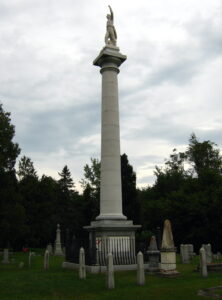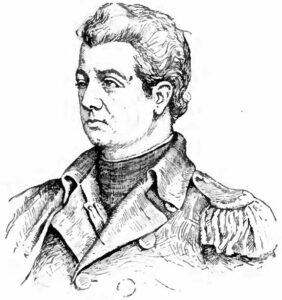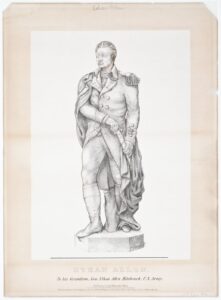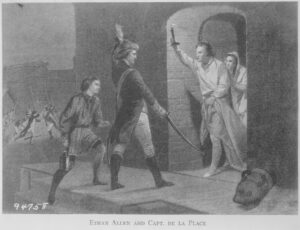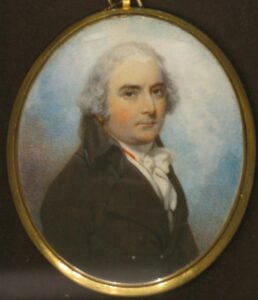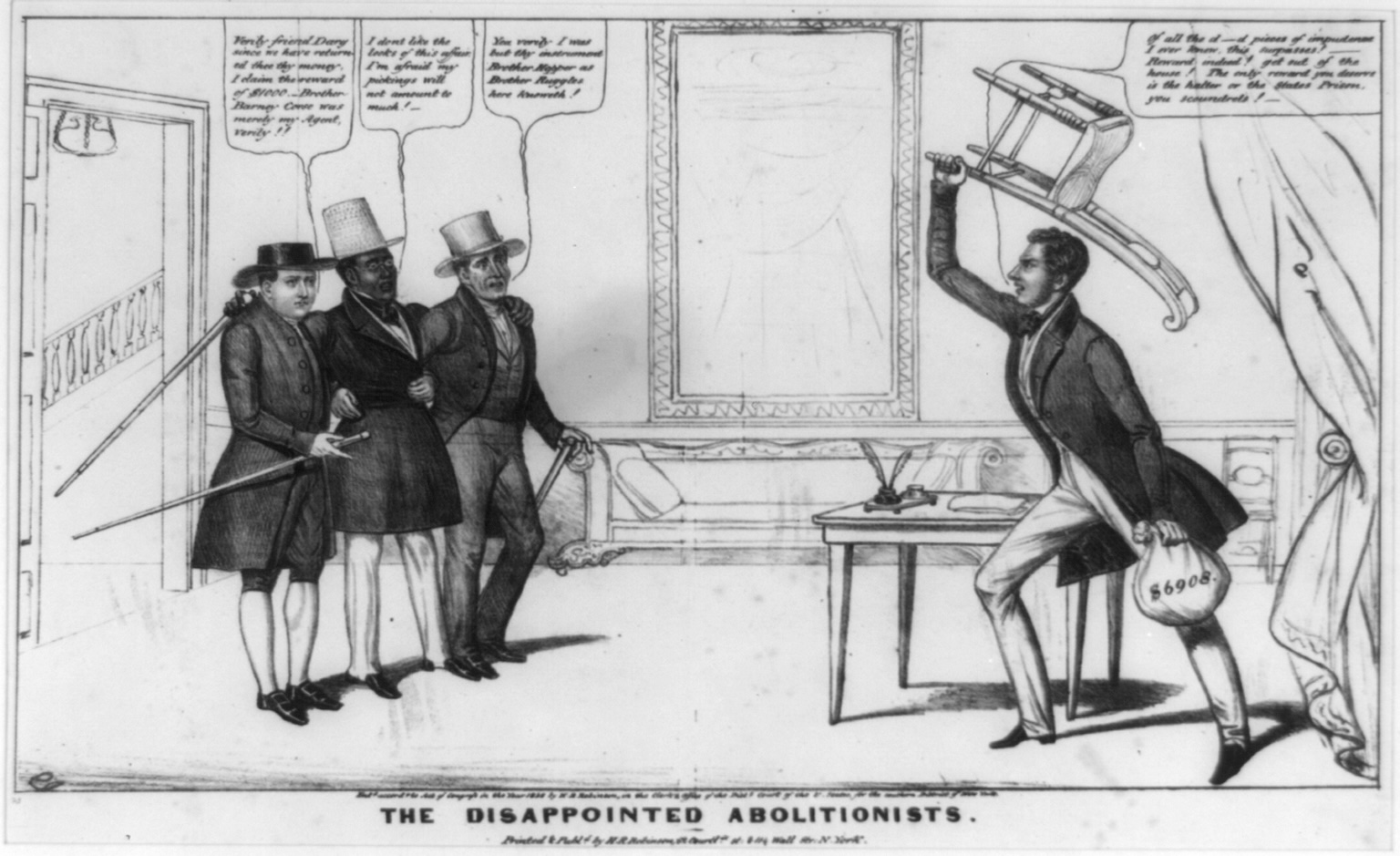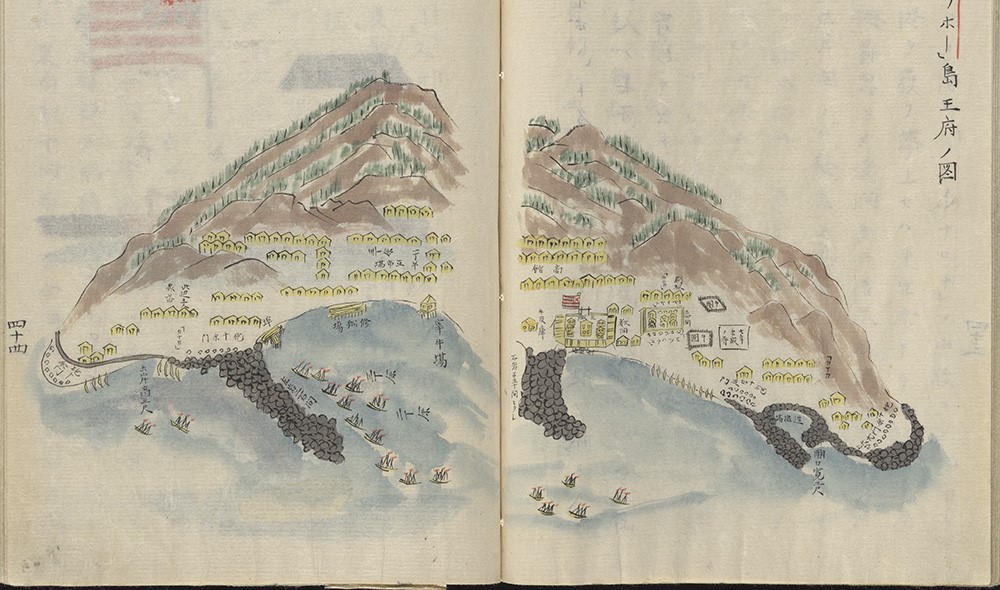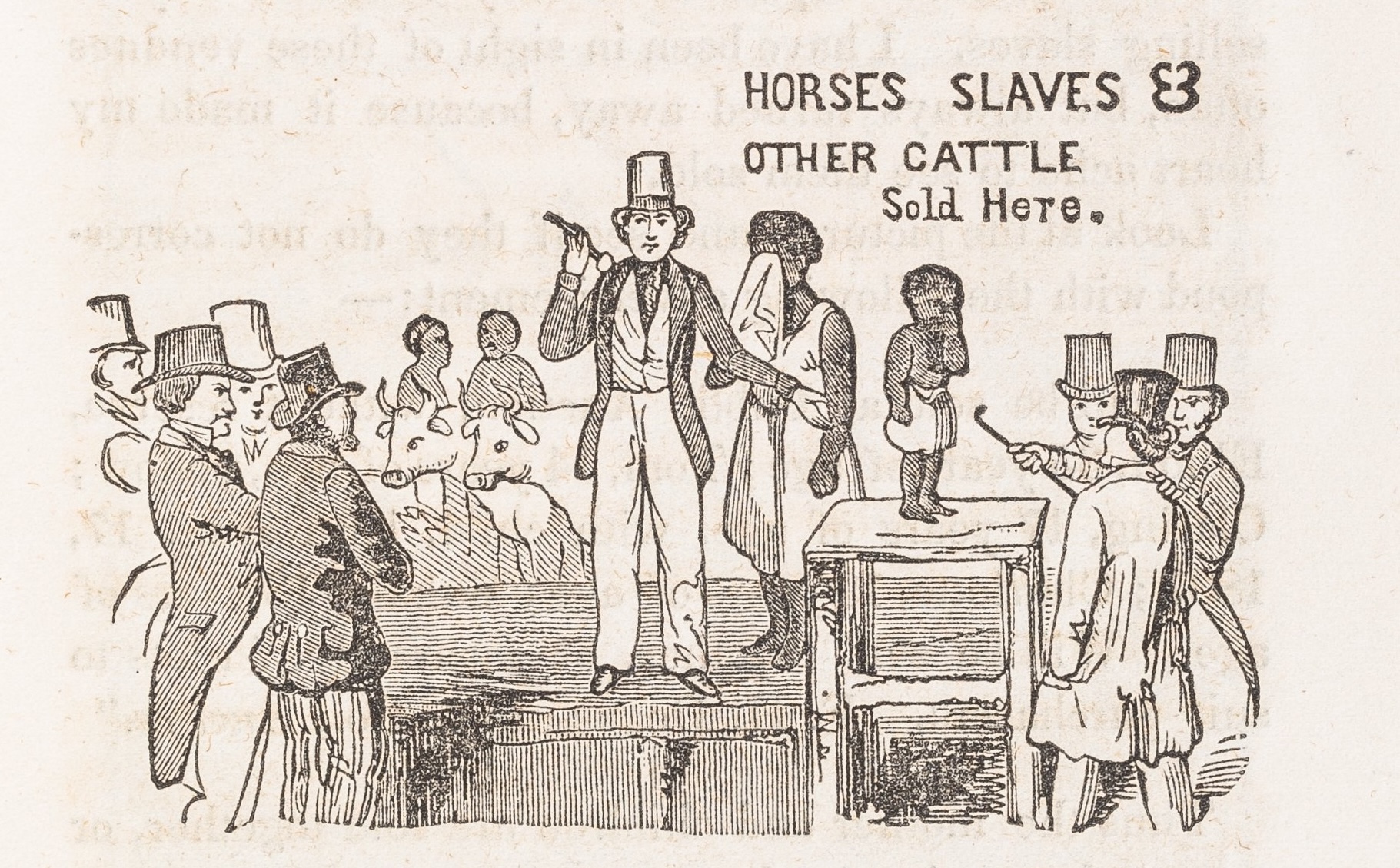Determined to secure his family’s land and liberties, as well as those of the Vermonters, Ethan, with the aid of Ira and Levi, undertook negotiations with Britain about returning to the British Empire. Allen survived by playing both sides of the conflict against one another. He gave both the U.S. and Britain the impression that Vermont wanted to be on their side, therefore sowing confusion and buying the state more time to figure out how it could survive. He sincerely hoped Vermont would enter the union, but he was willing to explore other avenues to secure those things he cherished most: family, liberty, and Vermont. Allegiance in the American Revolution was highly fluid, especially among those regular colonists who experienced multiple occupations by both sides. In recent decades, historians have demonstrated that self-interest trumped patriotism in many cases: survival, family, community, and profits all transcended patriotism, dictating what side a colonist took during the Revolutionary War. In this respect, Ethan Allen was not unlike many other regular colonists.
Ultimately, Ethan retired from public life after the Revolutionary War’s conclusion and died in 1789. Imprisoned for high treason in Quebec in 1797, Levi Allen wrote a diary that contained many poems about his family and friendship, as well as an autobiography. In his diary, he insisted Ethan was “No Brother in the first place” and wrote a poem about his siblings that excluded Ethan. In Levi, there was an apparent firmness to stand by family through anything. Ethan, however, was not disinclined to sacrifice one member in the case of liberty, thus demonstrating his complex allegiance. Unfortunately for Levi, he was sacrificed on liberty’s altar, and it was evident that this still rankled Levi after Ethan’s death. Levi would die in a Burlington prison a financially-broken man in 1801.
Further Reading
The history of Vermont and Ethan Allen are not well known outside of the state. I hope that my research project will bring greater attention to the fascinating and complex history of both.
For the two best general works on Vermont’s early history, see: Chilton Williamson, Vermont in Quandary, 1763-1825 (Montpelier: Vermont Historical Society, 1949); Matt B. Jones, Vermont in the Making: 1750-1777 (Cambridge: Harvard University Press, 1939).
The historiography of Ethan Allen can be split into two groups: the traditionalists and revisionists. Whilst the traditionalists mythologize and canonize Allen’s character, the revisionists demonstrate Allen was a much more complex figure. For traditionalist work see: Walter Henry De Puy, Ethan Allen and the Green Mountain Heroes of ’76 (Buffalo: Phinney & Co. 1853); Willard Sterne Randall, Ethan Allen: His Life and Times (New York: W. W. Norton, 2011); Jared Sparks, The Life of Col. Ethan Allen (Burlington: C. Goodrich & Co., 1834). For revisionist works see: Michael A. Bellesiles, Revolutionary Outlaws: Ethan Allen and the Struggle for Independence on the Early American Frontier (Charlottesville: University of Virginia Press, 1993); John J. Duffy and Nicholas H. Muller, Inventing Ethan Allen (Lebanon: University of New England Press, 2014); Charles Jellison, Ethan Allen: Frontier Rebel (Syracuse: Syracuse University Press, 1969).
For edited writings by Ethan, Ira, and Levi Allen see: Levi Allen, “The Autobiography of Levi Allen,” ed. Michael A. Bellesiles, Vermont History, 60 (Spring 1992), 77-94; Kevin Graffagnino, ed., Ethan and Ira Allen Collected Works, 3 vols. (Benson: Chalidze Publications, 1992).
This article originally appeared in May, 2022.
Benjamin Anderson is a Ph.D. candidate from the University of Edinburgh, Scotland. His project is titled “Loyalism in Vermont and the Northern Borderland, 1749-1791.” It aims to provide a comprehensive account of how Loyalists in the region experienced the American Revolution, as well as analyze the nature of allegiance during civil war and revolutions. He has also written for the United States Study Online (U.S.S.O.), Journal of the American Revolution, Borealia: Early Canadian History, and Historical Perspectives. Presently, he serves as Social Media Co-Ordinator for Scottish Association for the Study of America (SASA) and is a tutor at the University of Edinburgh.



